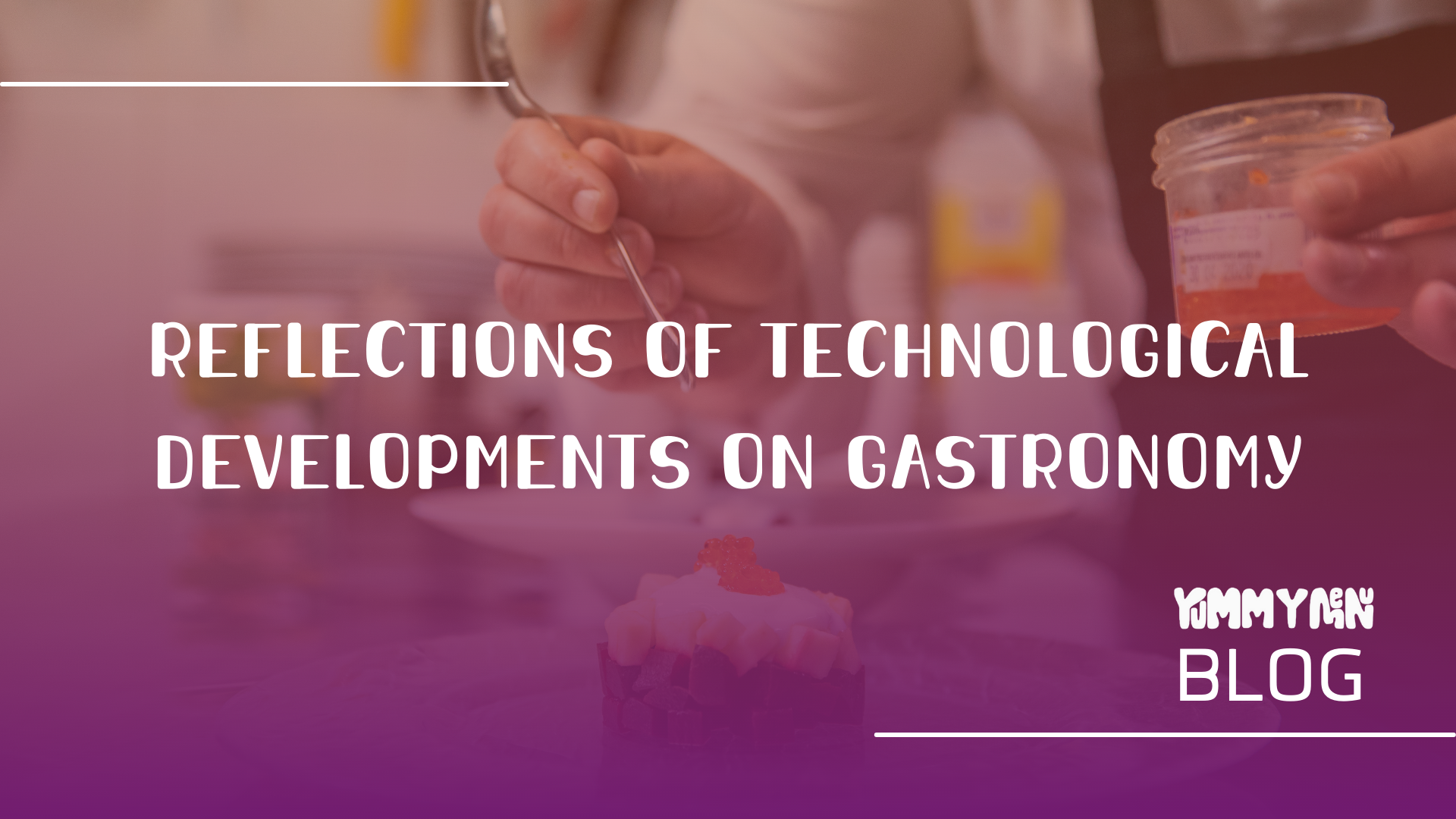
Reflections of Technological Developments on Gastronomy
Technological advancements have had a profound impact on various aspects of our lives, and one area where this impact is particularly evident is in the realm of gastronomy. The fusion of technology and culinary arts has given rise to a new era of culinary innovation, transforming the way we prepare, cook, and experience food. From farm to fork, technology has revolutionized the entire gastronomic landscape, bringing about changes in sourcing ingredients, food production, cooking techniques, and even the way we interact with food.
One of the most significant ways in which technology has influenced gastronomy is through the sourcing and cultivation of ingredients. With the advent of precision agriculture and hydroponics, it is now possible to grow fresh produce in controlled environments, independent of traditional farming methods. Vertical farming and urban agriculture have gained prominence, allowing for the cultivation of crops in urban settings, reducing the distance between the source of ingredients and the kitchen. This not only ensures the availability of fresh, high-quality produce throughout the year but also minimizes the environmental impact of long-distance transportation.
Moreover, technology has enabled the development of innovative food production techniques. Industrial-scale food processing and preservation methods have made it easier to store and transport food, ensuring its availability and reducing wastage. The introduction of molecular gastronomy, a scientific approach to cooking that uses technology to explore the chemical and physical transformations of ingredients, has expanded the possibilities of flavor combinations and textures, leading to extraordinary culinary creations. Techniques such as sous vide cooking, freeze-drying, and 3D food printing have gained popularity, allowing chefs to experiment with new presentations, textures, and taste profiles.
The integration of technology into the cooking process itself has also transformed the culinary world. High-tech kitchen appliances and gadgets have made cooking more precise, efficient, and accessible. Smart ovens, induction cooktops, and sous vide machines offer precise temperature control, ensuring consistent results and enhancing the overall cooking experience. Internet-connected devices and recipe apps provide instant access to a wealth of culinary knowledge, inspiring both amateur cooks and professional chefs to explore new recipes and techniques. Virtual reality and augmented reality technologies have even been used to enhance dining experiences, creating immersive environments that stimulate multiple senses and offer unique culinary adventures.
In addition to the advancements in sourcing ingredients, food production, and cooking techniques, technology has also revolutionized the way we interact with food and the dining experience itself. Online food delivery platforms and mobile apps have made it easier than ever to order food from a wide range of restaurants, offering convenience and variety. Virtual food communities and social media platforms have transformed the way we share and discover recipes, fostering a global exchange of culinary ideas. Food blogging, vlogging, and online cooking classes have empowered individuals to become creators and influencers in the gastronomic world, democratizing culinary expertise and inspiring new generations of food enthusiasts.
However, while technology has undeniably brought about numerous positive changes in gastronomy, it is essential to consider the potential challenges and implications that arise alongside these developments. Ensuring the sustainability and ethical sourcing of ingredients, as well as addressing the digital divide that may limit access to technology-driven advancements, are important considerations as we navigate the future of gastronomy.
In conclusion, the reflections of technological developments on gastronomy are vast and transformative. From reimagining ingredient sourcing and production techniques to enhancing cooking precision and elevating the dining experience, technology has become an integral part of the culinary world. By embracing and responsibly harnessing these technological advancements, we have the opportunity to continue pushing the boundaries of gastronomy, fostering innovation, creativity, and sustainable practices for the future.
